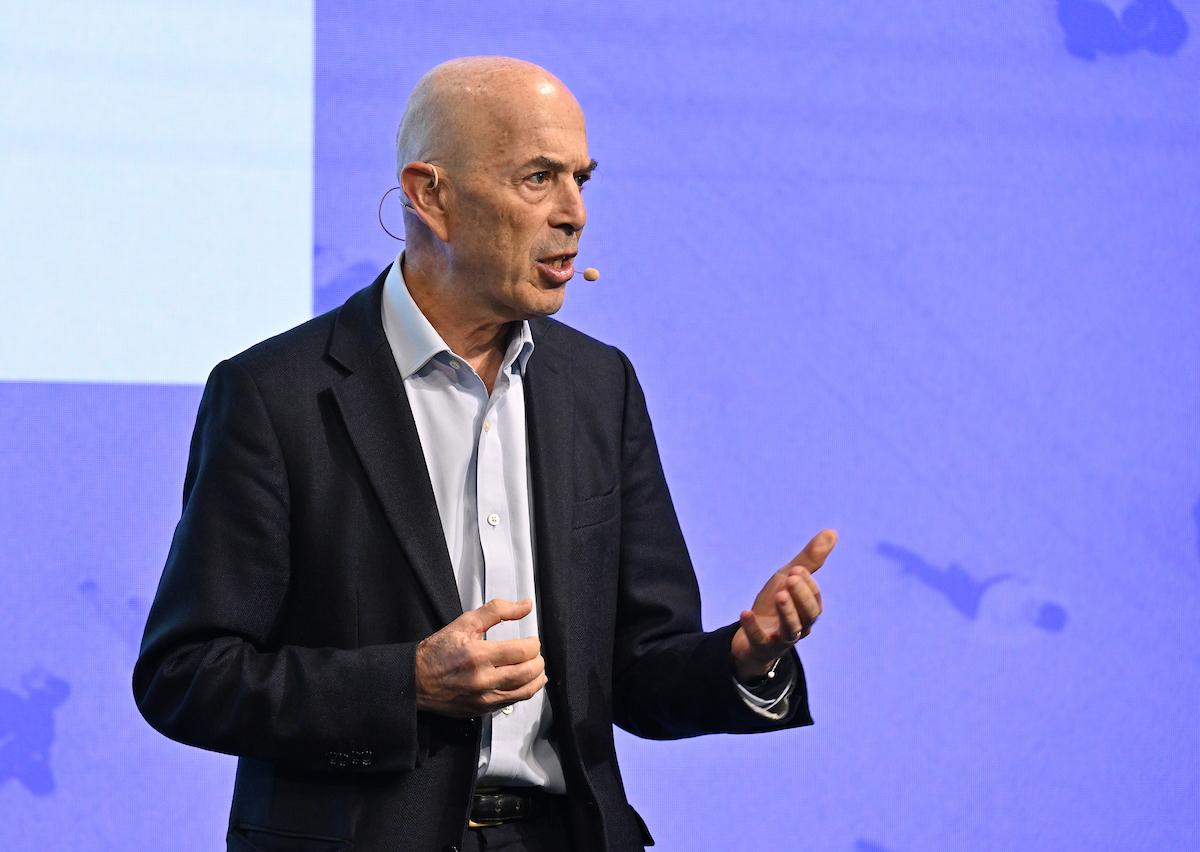Since the 1990s and the fall of the Berlin Wall, have we not also experienced a time of dramatic change, which has led us to artificial intelligence, to the emergence of China and to treatment for degenerative diseases? There is, however, one small problem. By looking to the lessons of history, we know that the glorious century led by Lorenzo the Magnificent ended in blood and tears, torn apart by the inquisition and Savonarola’s harangues, mired in conflict and civil war.
The World of tomorrow. The World of tomorrow. The World of tomorrow. The World of tomorrow. The World of tomorrow
Marco trends and perspectives. Marco trends and perspectives. Marco trends and perspectives. Marco trends and perspectives
The new Renaissance
by FHH Editorial Team
To Ian Goldin, this intensely creative context gives rise to an obvious comparison: the contemporary world bears a striking resemblance to fifteenth-century Florence, a city that became the epicentre of the Italian Renaissance under the rule of Lorenzo de’ Medici, a humanist philosopher who surrounded himself with some of the era’s most brilliant minds.
“We are living in an increasingly complex word, which is proving to be extraordinarily dynamic.”
Ian Goldin
The Walls of Inequality
With eight billion people living on Earth, humankind again finds itself at a crossroads. At a time when the planet’s greatest minds are interconnected, when the world is becoming more and more integrated thanks to scientific progress, and when networking should lead to crucial change management strategies, the exact opposite is happening. The United States is still under the sway of Trump’s isolationism, the British have left the European Union, and we are all immersed in a world where social media spreads hate speech and misinformation. Why will this Renaissance era not last? According to Ian Goldin, it is due to the inequality gap that prompts us to put up walls: protectionist walls that exacerbate tensions between groups and individuals. And yet, isolationism is not an adequate response to the problem, especially when faced with the climate crisis.
Challenges for the Luxury Industry
Against this backdrop, when we consider the years to come, some events are utterly foreseeable, according to Ian Goldin. The first is the gradual shift of the global economic centre of gravity towards Asia, namely towards China, India, Indonesia, etc. This shift will come with an increase in disposable income for many of the companies that will sustain the boom observed in the luxury industry. In this, as always, quality remains the most important factor, along with brand differentiation, which has recently begun to carry more weight. “The key thing will not be the size of a company’s marketing budget,” added Ian Goldin, “but its brand identity, what it stands for, its values, its commitment to sustainable development issues, and the experience it offers its customers”. The futurologist believes that the real challenge for brands lies in creatively conveying an image of the world to customers through their products, while navigating the “cold war” that is currently settling in between different communities.
